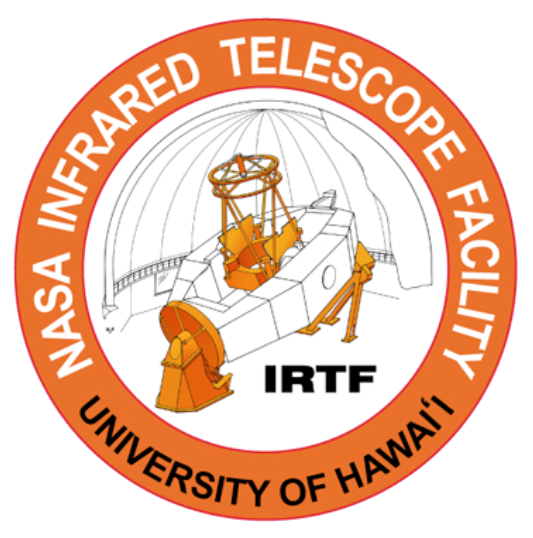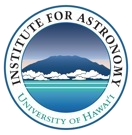Observing Time Application FAQ
Frequently Asked Questions
Deadline: the deadline is 5:00PM HST on the due date. Proposals submitted after the deadline will be marked "late" when passed on to the TAC.
Dual-Anonymous Peer Review: beginning with the 2022A semester all IRTF observing proposals must conform to the NASA DAPR guidelines. For instructions click here.
Confirmation Emails: An email sent to the PI and first four co-Is about a week after the deadline serves as the official confirmation of receipt by the IRTF of an application for time. If that email is not received, contact the IRTF as soon as possible. Once the TAC has reviewed proposals, the IRTF is unable to include any that might have been missed.
Emails for Saved or Submitted Proposals: the PI email address will be sent an acknowledgement email each time a proposal session is saved. The PI and the first four co-Is on a proposal will be sent an acknowledgement email each time a proposal session is submitted. If either of these email are not received something went wrong and you should contact the IRTF system administrator as soon as possible.
Email addresses: double check all email addresses prior to saving and submitting your proposal. The IRTF uses these addresses for various notifications during the semester should a proposal be awarded time so it is becoming more important than ever that the entered email addresses are correct.
PI name: double check the PI name and make sure that the first and last names are entered in the correct locations. Because of the way the system handles the uploaded and generated files, mistakes in the PI name can break the proposal. If the PI name has been mis-spelled or the first and last name have been swapped, make the corrections and then click 'Generate New Session Code' to create a duplicate proposal. You'll need to re-upload the addendum, but everything else should be correct.
Days or nights per run: nights per run and days per run specify the number of calendar days in which time is being requested, within each run. For example, a run over 3 nights with 2 hours each day would have 3 nights selected and 2 hours selected under # Hours per Night.
Full night: a full night is 12 hours
Generating a new session code: creates a duplicate proposal. However, the PDF addendum and any preview or submission PDFs are not copied. The addendum file will need to be reuploaded, regardless of whether the duplicate proposal was created as a new proposal or because something was wrong with the original.
Data Archive: Beginning with the 2016B semester, raw data files taken with IRTF facility instruments will be made publicly available via an online archive following a proprietary period of 18 months for data taken in semester 2024B and earlier, and 12 months for 2025A and later. The proprietary period begins on the date of the observation. Further information can be viewed on the IRTF Data Archive Policy page.
Abstract: If a proposal is awarded observing time through the TAC-review process, the abstract will be preserved as part of the public archive. The abstract should contain brief summaries of both the scientific and technical justifications described in the proposal. It should be written in a way that provides future users of the data a cursory overview of the initial thought and planning that led to the observations. To accommodate this extended abstract, the maximum length has been increased to 300 words.


